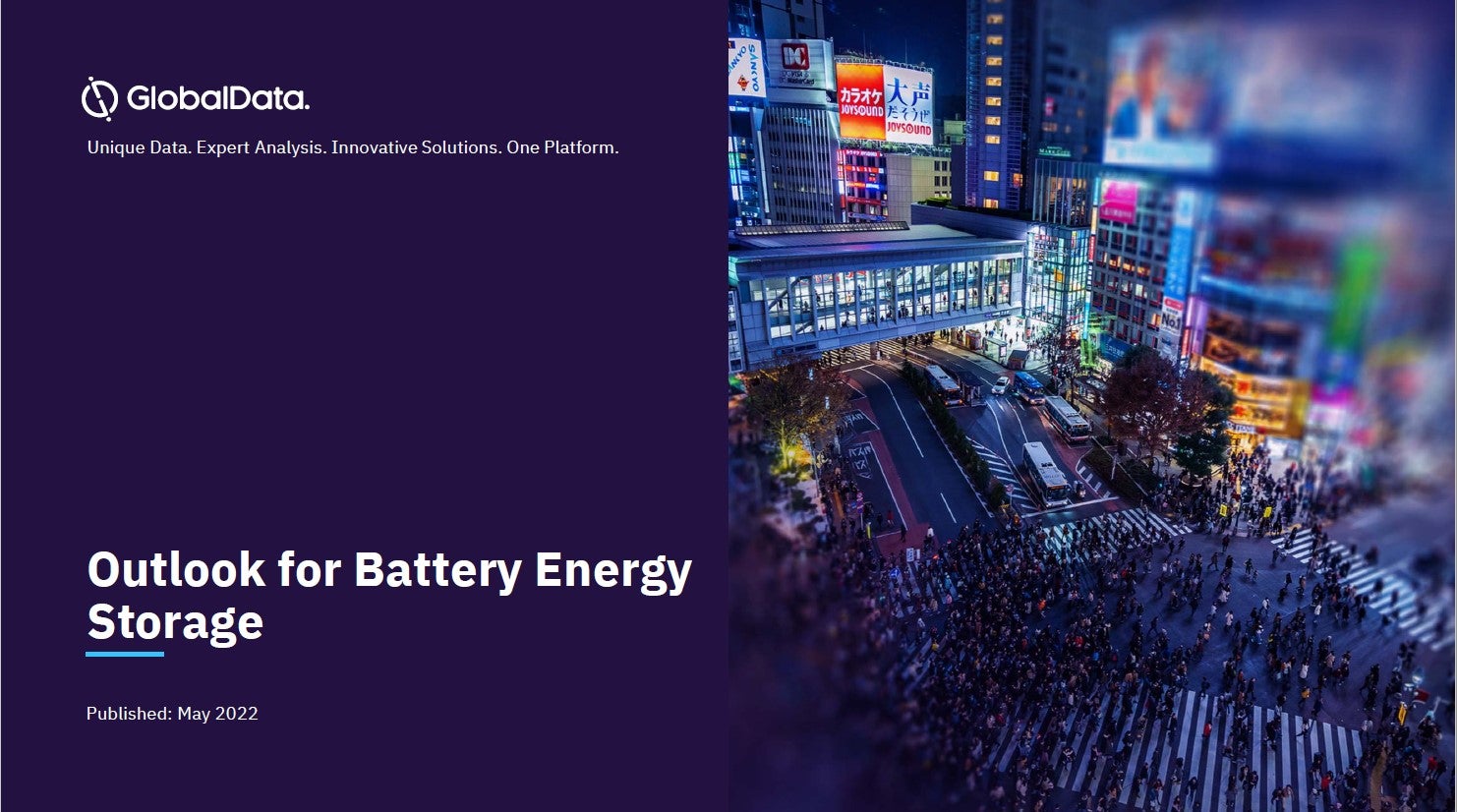Renewable company Lekela has signed a power purchase agreement (PPA) with the Egyptian Electricity Transmission Company (EETC) for the 250MW windfarm in the Gulf of Suez, near Ras Ghareb.
Located 30km north-west of Ras Ghareb, the 250MW wind project is part of the government’s build, own, operate (BOO) scheme.
How well do you really know your competitors?
Access the most comprehensive Company Profiles on the market, powered by GlobalData. Save hours of research. Gain competitive edge.

Thank you!
Your download email will arrive shortly
Not ready to buy yet? Download a free sample
We are confident about the unique quality of our Company Profiles. However, we want you to make the most beneficial decision for your business, so we offer a free sample that you can download by submitting the below form
By GlobalDataLekela’s project is expected to assist Egypt to achieve its renewable energy targets as a growing part of its energy mix.
The project will be built with a total investment of nearly $325m and leading development finance institutions are providing financing.
Financial close is expected later this year, while the project is scheduled to become operational in 2021.
Once constructed, the project is expected to produce more than 1,000GWh a year, which is enough to power more than 350,000 households in the region. This will also increase Egypt’s wind energy capacity by 14%.
A network connection agreement has also been signed with EETC for the windfarm and the project will be constructed on a turnkey EPC basis.
The windfarm will join Lekela’s other projects in South Africa, Senegal and Ghana, taking its current portfolio to 1,300MW.
In addition, Lekela will be responsible for the current, as well as future projects in the country, through late-stage development, construction and into operation.
Lekela CEO Chris Antonopoulos said: “Egypt has a target of achieving 20% renewable power in its overall energy mix by 2022. Today’s agreement is a major milestone for delivering a 250MW windfarm to help achieve that goal.
“We would like to thank the minister of electricity and renewable energy, EETC, the Egyptian Electricity Holding Company (EEHC), Egypt’s New and Renewable Energy Authority (NREA), the minister of investment and all those people, both in Egypt and beyond the country, who have helped us get to this point.”




